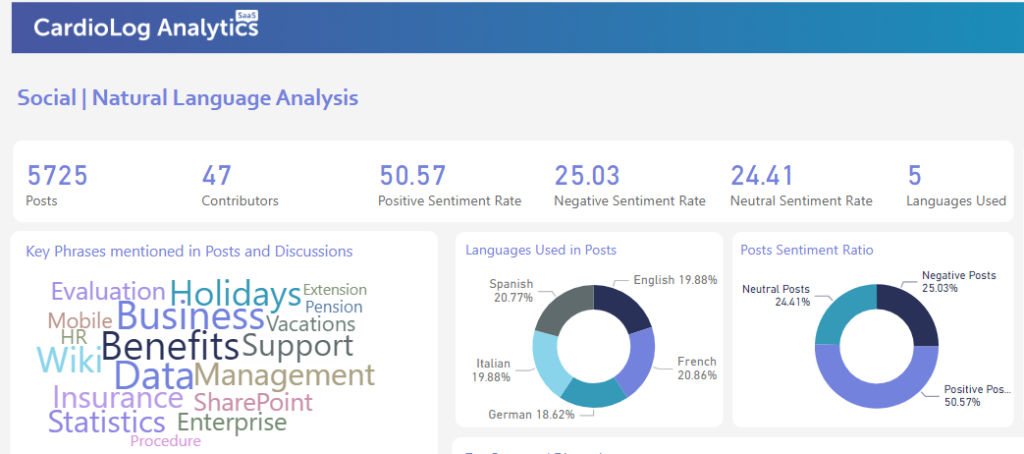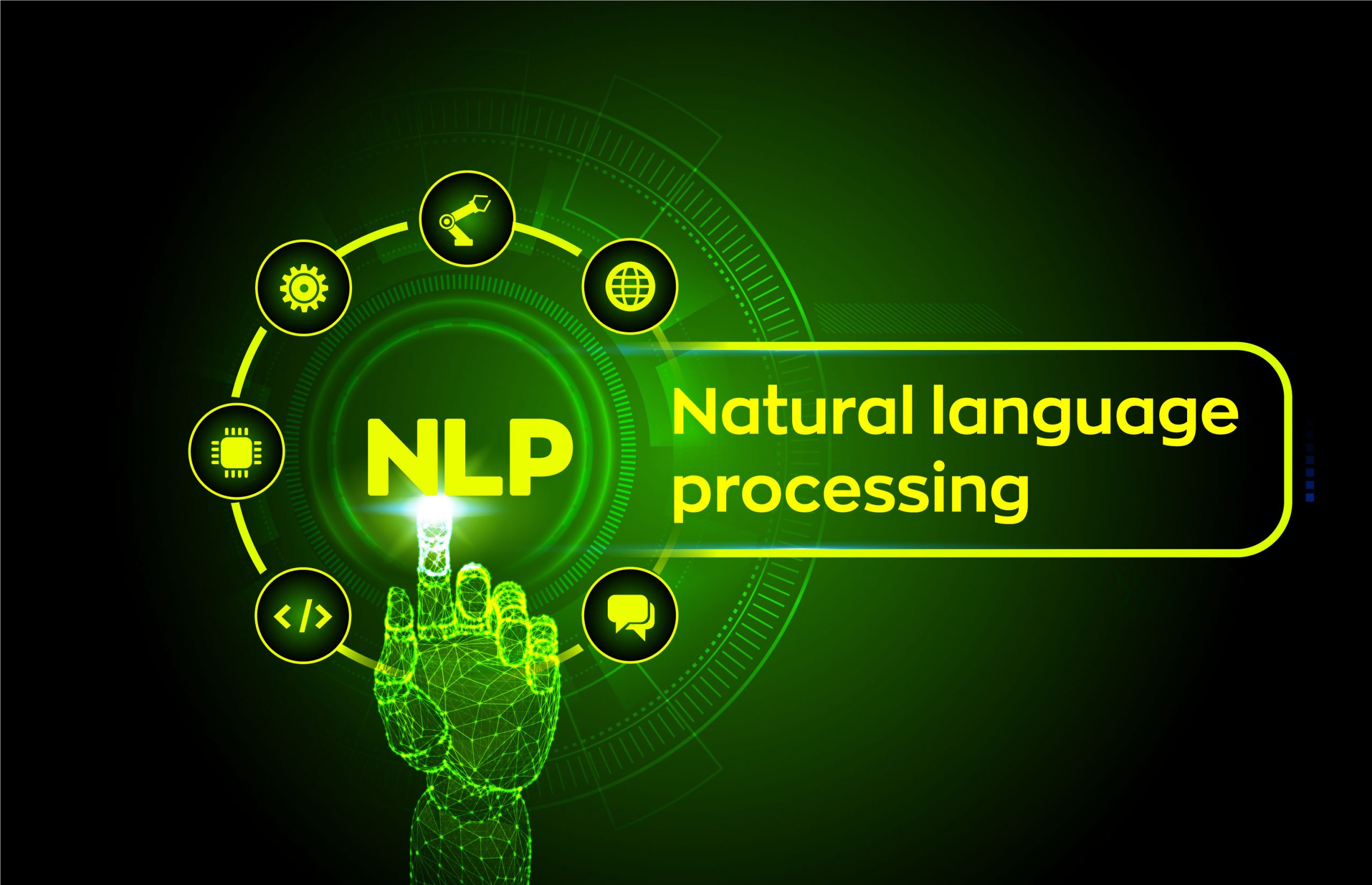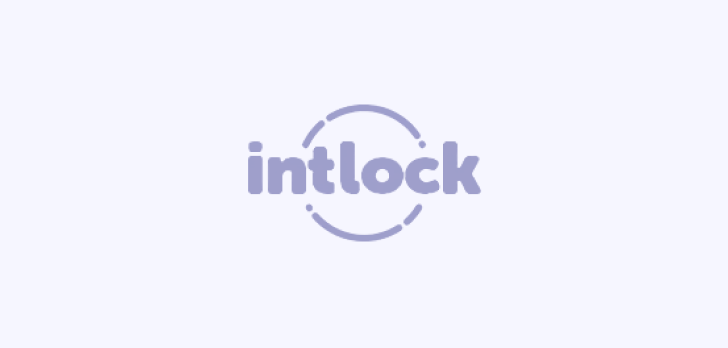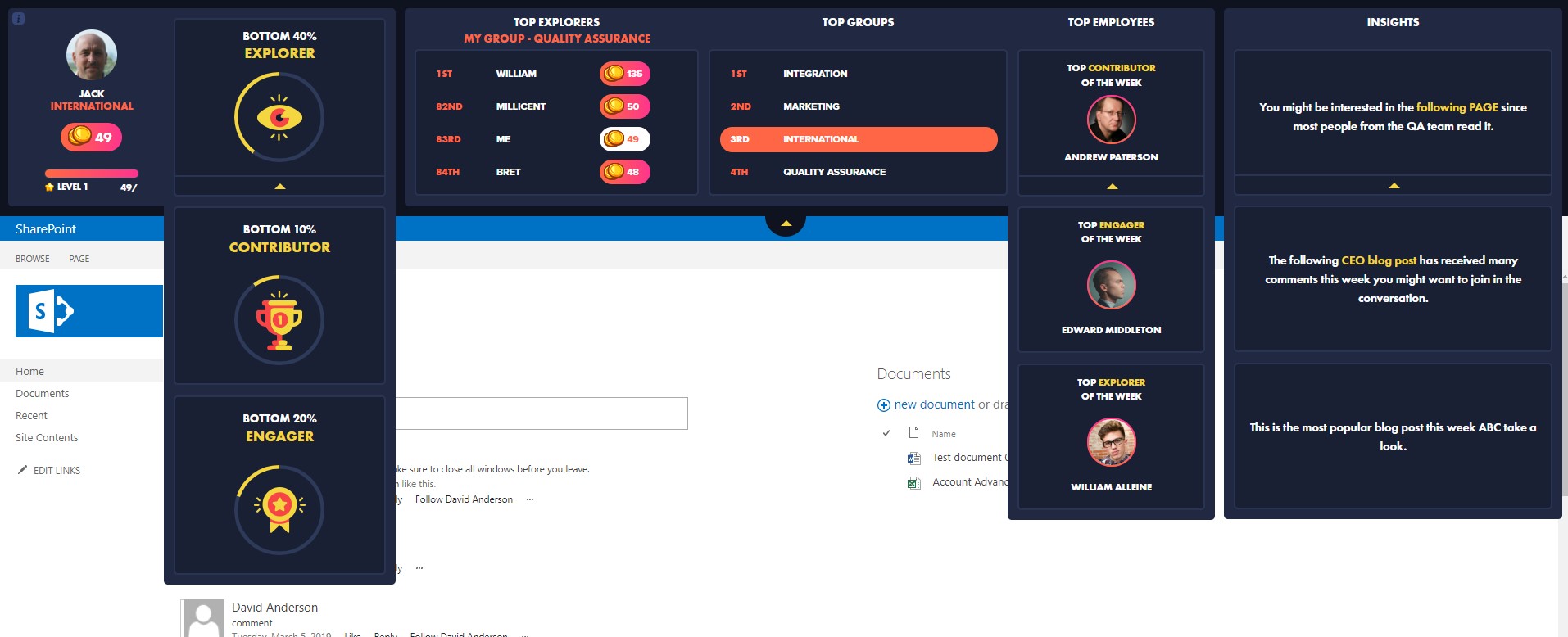In today’s data-driven landscape, the abundance of text-based information presents both opportunities and challenges for businesses. Extracting valuable insights from unstructured text data has become increasingly important, and Natural Language Processing (NLP) analytics has emerged as a powerful solution.
Understanding the Power of NLP Analytics:
NLP analytics combines the power of AI and linguistic algorithms to process, analyze, and derive meaning from textual data. By enabling machines to understand human language, NLP analytics unlocks the potential to extract valuable insights, automate tasks, and enhance decision-making processes. Whether it’s analyzing customer feedback, extracting information from documents, or understanding social media sentiment, NLP analytics plays a vital role in converting unstructured text into actionable intelligence.

One of CardioLog Analytics’s NLP reports
Applications of NLP Analytics:
NLP analytics has found applications across diverse industries and domains. In customer service, businesses can utilize NLP analytics to automate responses, understand customer sentiments, and personalize interactions. In healthcare, NLP analytics aids in information extraction from medical records, assisting in diagnosis and treatment decisions. NLP analytics also powers search engines, recommendation systems, and fraud detection algorithms, to name a few. The versatility of NLP analytics allows businesses to gain a competitive edge and deliver enhanced user experiences.

The Role of NLP Tools in Analytics:
NLP tools play a crucial role in leveraging the power of NLP analytics. Open-source libraries like NLTK (Natural Language Toolkit) and spaCy provide a comprehensive suite of NLP functionalities, making it easier for businesses to process and analyze text data. Additionally, cloud-based NLP services such as Google Cloud NLP and Amazon Comprehend offer pre-built NLP models and APIs, allowing businesses to integrate NLP capabilities seamlessly into their applications. These tools democratize access to NLP analytics, enabling businesses of all sizes to harness its power.
NLP Analytics for Business Intelligence:
NLP analytics has transformed the way businesses generate actionable intelligence. By analyzing vast amounts of text data, organizations can uncover trends, identify emerging topics, and understand customer preferences. NLP analytics enables sentiment analysis, providing valuable insights into customer opinions, brand perception, and market trends. The ability to extract insights from unstructured text data enhances business intelligence, allowing organizations to make data-driven decisions and gain a competitive edge in their respective industries.
The Future of NLP Analytics:
As NLP models continue to advance and datasets grow larger, the future of NLP analytics looks promising. Deep learning techniques, coupled with the availability of extensive training data, will further enhance the accuracy and capabilities of NLP models. NLP analytics will play a pivotal role in automating manual tasks, powering intelligent assistants, and uncovering insights from the ever-growing volumes of textual data. As businesses continue to realize the transformative power of NLP analytics, its adoption will become even more widespread.
In conclusion, NLP analytics, including the powerful capabilities of tools like CardioLog Analytics, have transformed the way businesses extract insights from unstructured text data, including responses from SharePoint surveys. By embracing NLP analytics, organizations can unleash the full potential of their textual information, gain a competitive advantage, and drive informed decision-making in the data-driven landscape of today and tomorrow.














 Follow @cardiolog
Follow @cardiolog 